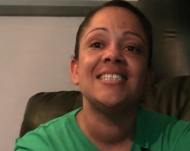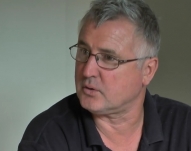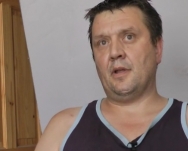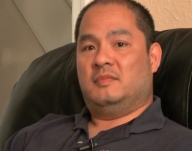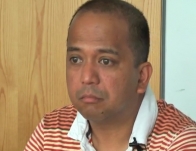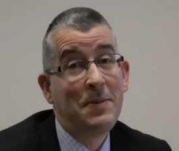
Professor Jonathan L Rees
Professor Jonathan Rees graduated from St Mary's Hospital Medical School, London, in 1992. He trained in orthopaedics in Oxford and has specialist fellowship training in routine and complex shoulder and elbow surgery. His was appointed as an Academic Consultant Orthopaedic Surgeon to the Nuffield Department of Orthopaedics, Rheumatology and Musculoskeletal Sciences in 2005 and was made a full Professor at Oxford University in 2014 becoming a Professor of Orthopaedic Surgery and Musculoskeletal Science. He continues to specialise in shoulder and elbow surgery and runs this surgical service at the Nuffield Orthopaedic Centre (NOC), Oxford.
Professor of Orthopaedic Surgery and Musculoskeletal Science; Academic Consultant Shoulder & Elbow. Botnar Institute of Musculoskeletal Sciences. Nuffield Department of Orthopaedics, Rheumatology and Musculoskeletal Sciences, University of Oxford.


